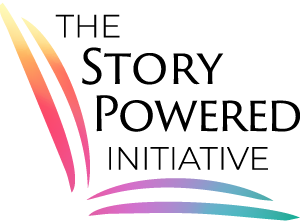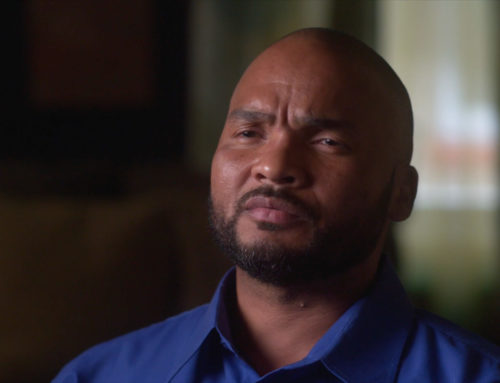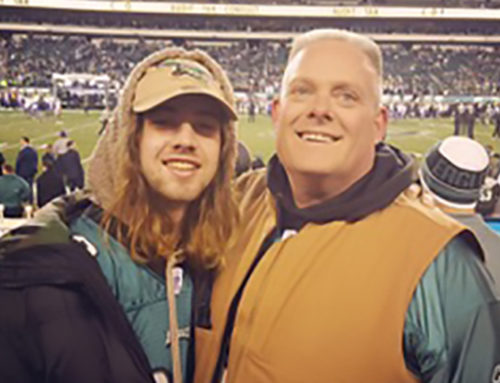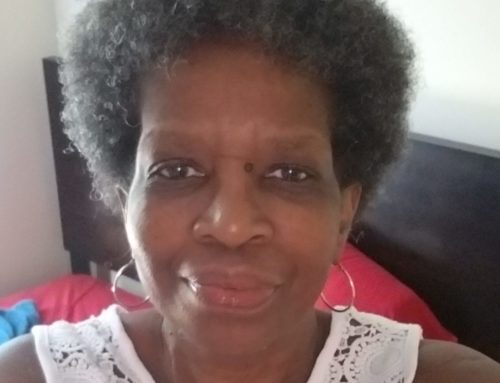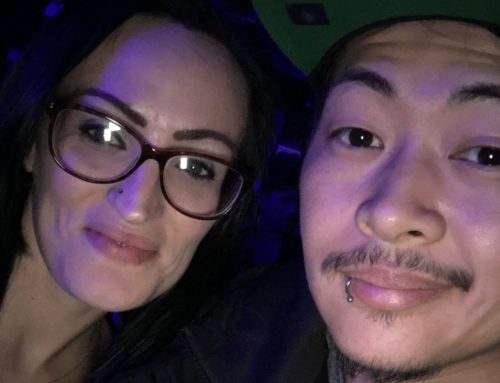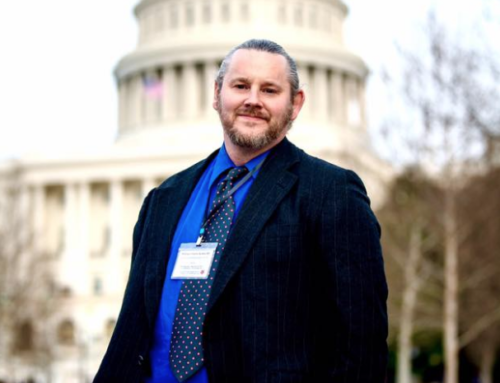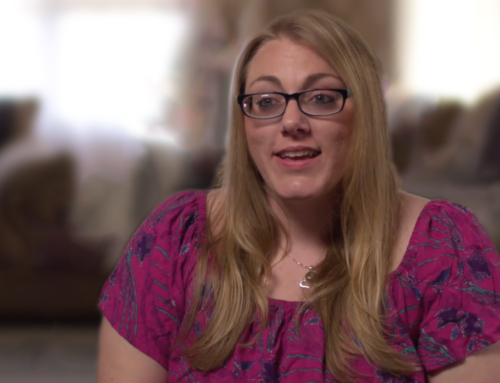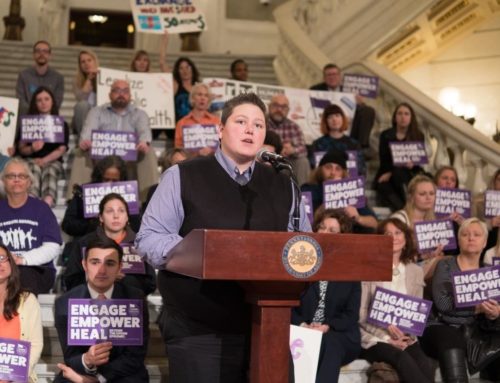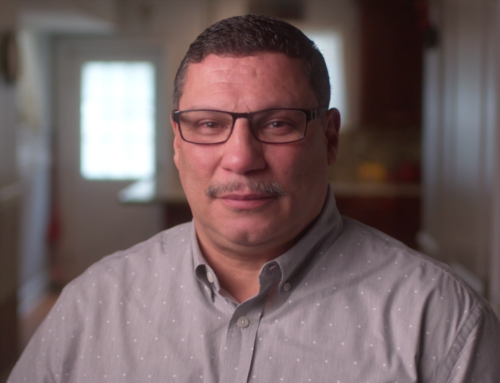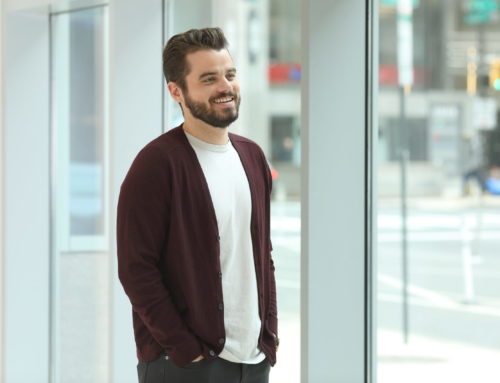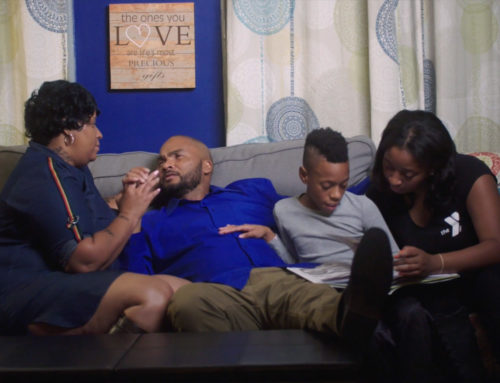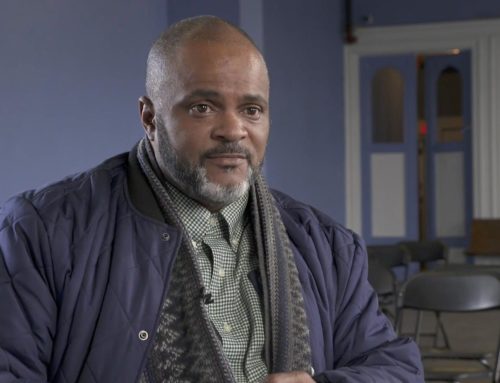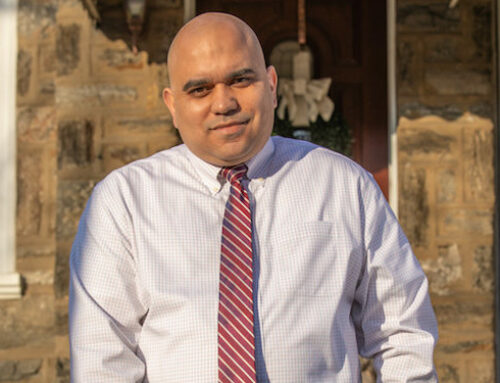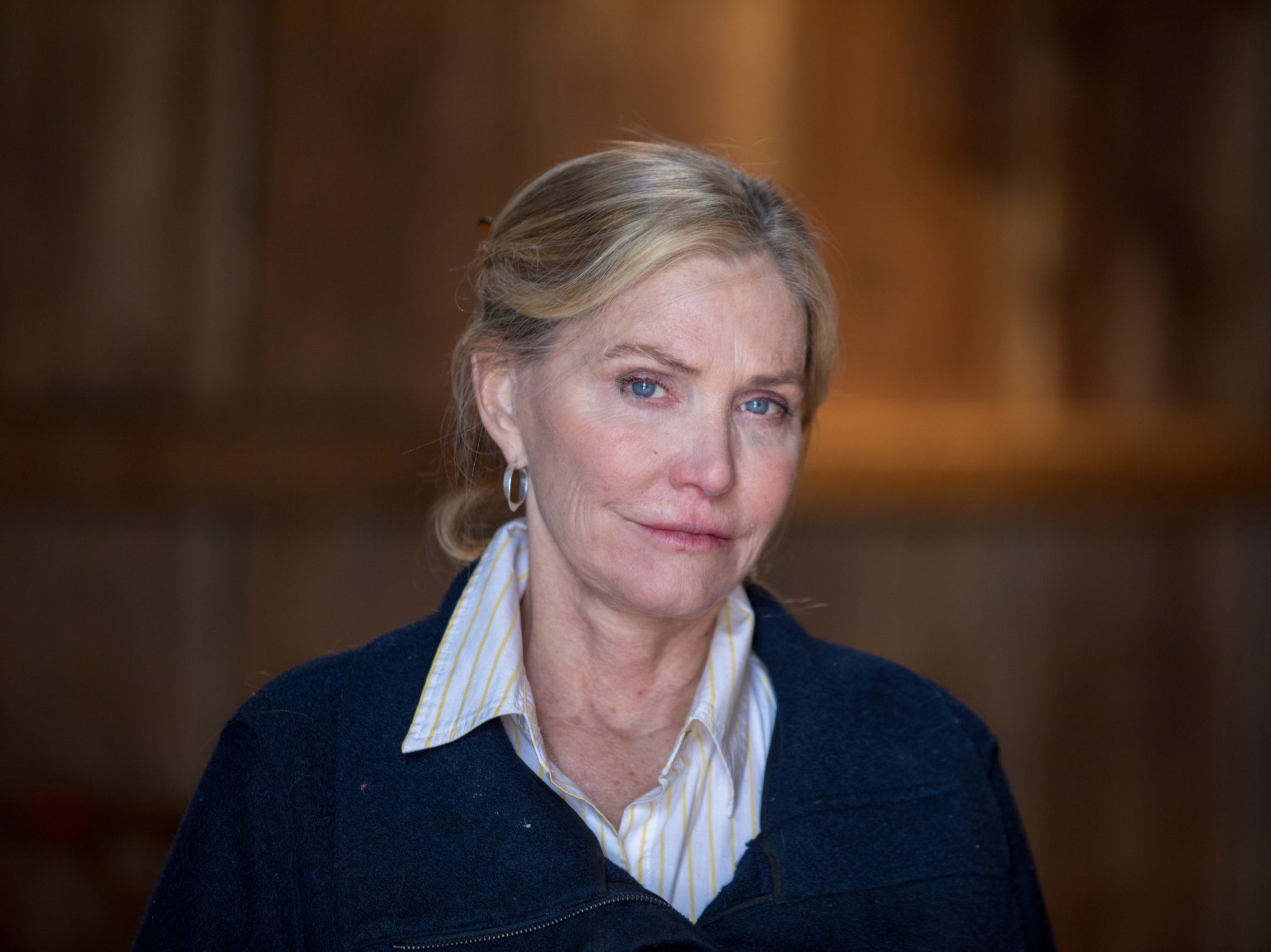
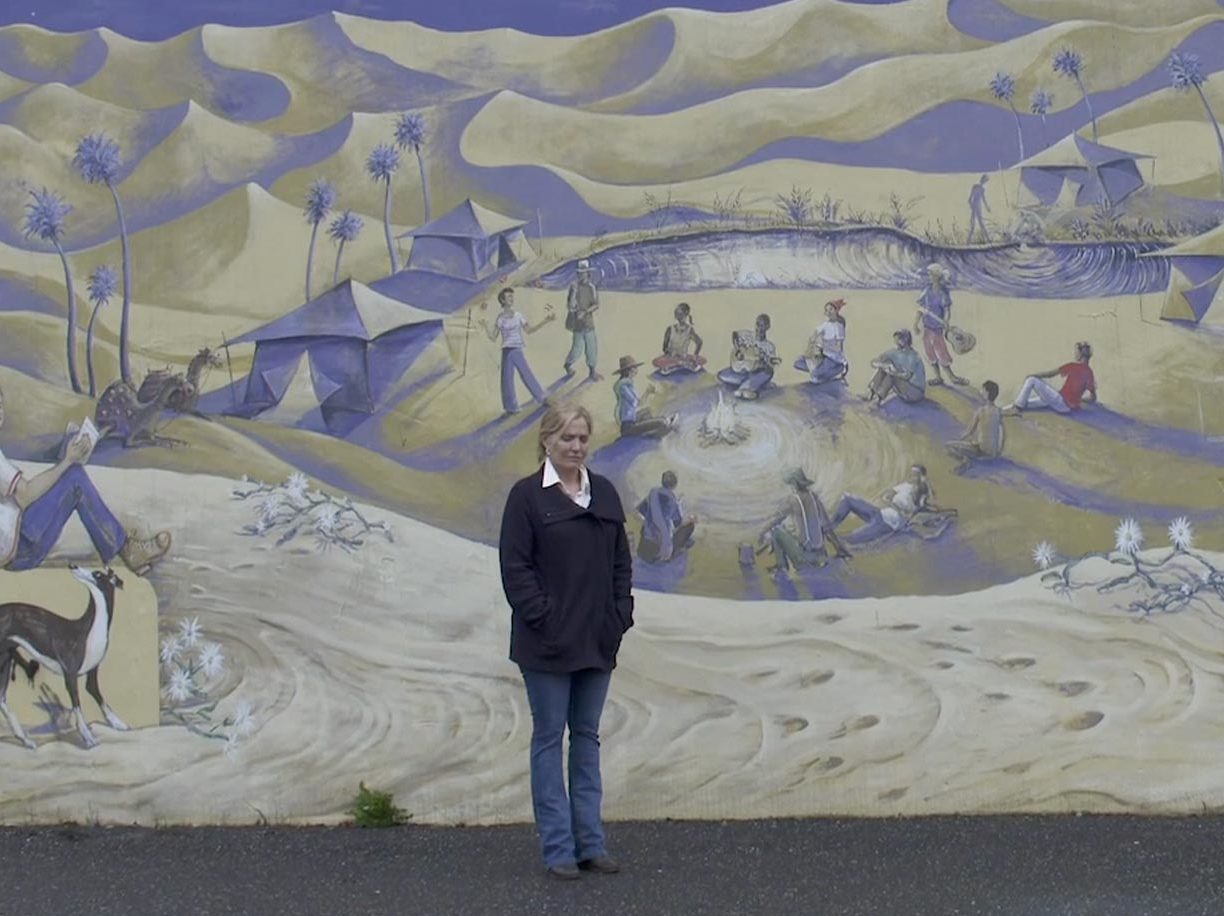
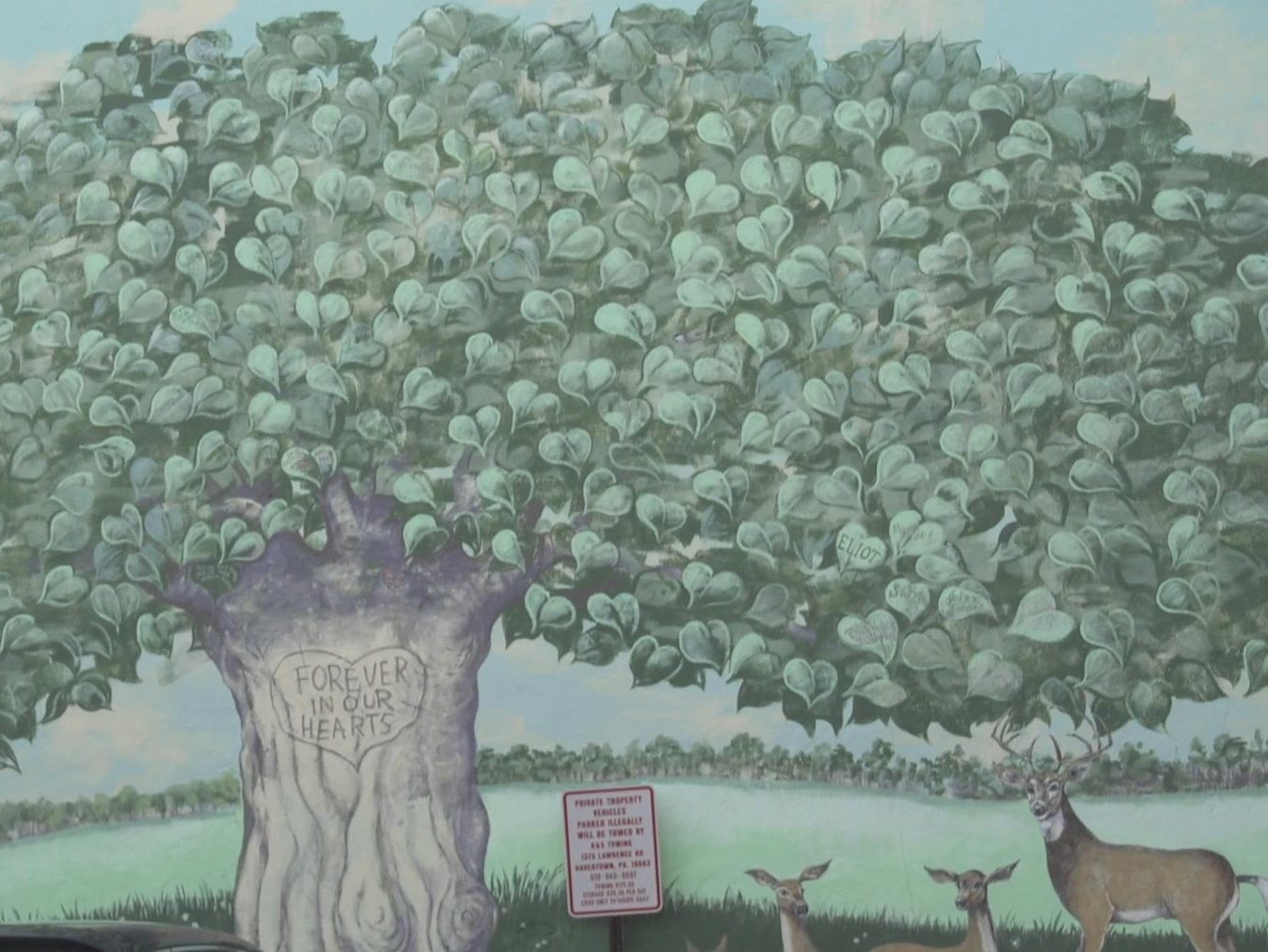
“You are not bad, you have an illness.” That statement was one of the greatest gifts I’ve ever been given."
I grew up in Rosemont with two sisters and a brother and went to schools on the main line. My mother was a working woman, which was unusual for the time, and my dad ran a car dealership in Bryn Mawr. I’m a product of the sixties and was a hippie. I started smoking marijuana and drinking as a teenager, because I thought everyone else was doing it. I had a child when I was 19 and married her father, who was selling marijuana at the time. He began to use heroin, but I didn’t because I was nursing our daughter. Once she was weaned, I began to use heroin with my husband. I started by snorting it and eventually went onto IV use.
My husband was attending Georgetown University, and I was enrolled in an arts school in Washington DC. I felt alone and began using more and more. My husband was eventually arrested by federal agents for smuggling marijuana in from Arizona. My parents felt that he was a bad influence and helped me to obtain a divorce. I moved back into my parents’ home with my daughter after the divorce, but I never told them I was using heroin. I later moved to New York City and started having a friend get heroin for me. I was using frequently and developed blood clots in my lungs from the heavy use, causing severe health issues. One day, my mother was dropping my daughter at my apartment, she noticed that I looked very sick. She immediately took me to the hospital where I was in intensive care for six weeks. I went to my first rehab out of that hospital and was told that I was a drug addict. I was in treatment for three months and managed to stop using heroin, but I was still drinking, which eventually caused me to relapse back into drug use. When my parents realized I still had issues with drugs, they took custody of my daughter. I felt like the worst mother in the world.
I began working New York City’s fashion scene and was getting heroin from Harlem; I eventually moved there. While living there, I developed bacterial endocarditis from using a dirty needle. I had to be given a subclavian IV as I had no usable surface veins left. The doctor informed me that I would be dead if this happened again. When I left the hospital, I stopped at 106 Street, got my drugs, came home, stared into the mirror and thought, “this will kill me, but everyone will be better off without me.” I injected massive amounts of heroin into my neck but luckily survived the attempt. When I told a sober friend who knew about my problem, he suggested I find a treatment center.
I called the Betty Ford treatment center for help but was turned away when I informed them that I was using heroin; I ended up going to Saint Mary’s in Minnesota instead. It was there that I was told for the first time, “You are an alcoholic, you are addicted to mood altering chemicals whether it’s a liquid, powder, pill or behavior and you are sick. You are not bad, you have an illness.” That statement was one of the greatest gifts I’ve ever been given: to learn that I wasn’t a horrible person but had a legitimate medical issue that could be treated. I stayed in a halfway home in Minnesota for six months, which I really needed looking back on everything. I loved going to meetings and connecting with others who were struggling with the same situation. I had always felt different as a child, and it was wonderful to finally be with other people who had the same illness. I’ve been sober and have been going to these meetings for 34 years now. Since becoming sober, I’ve regained custody of my daughter, married a man in recovery whom I loved, and have had three more children.
My sobriety has been sustained by connecting with and serving others who have this illness. Recently, I was shocked to see how many high school kids are addicted to heroin. That wasn’t the case when I was using, but we also didn’t have so many opioids being prescribed to young people back then. I began sponsoring several of them, and it occurred to me that they needed a safe and sober environment to have fun. That’s when I came up with the idea for the “New Leaf Club.” With friends from my program, we opened a location in Bryn Mawr for young people to discover and recover themselves. We hold open mics, live music, art shows, film viewings, meetings, yoga, meditation, dances, and lectures on all kinds of things. The club is not just for young people dealing with substance use disorder though. Addiction is a disease that impacts entire communities, and so we wanted the club to be open to everyone in ours. The response by everyone has been nothing short of amazing, and I continue to hear how it saves lives and breaks stigma. Despite being challenging to run at times, the club has been eye opening and wonderful on several levels. Looking back, I really wish I had discovered addiction was a medical disease earlier than I had, and learned that I wasn’t a horrible human being. I might’ve recovered earlier if I knew addiction was a brain disease that takes time to recover from. Like many other diseases, addiction runs in families.
This is why I am sharing my story. So others know that those with substance abuse disorder are physically different than those without it. Telling someone to stop using drugs is the same as telling a person with cancer to just get it out of their body. Control is something you lose in addiction and those struggling with this lack of control shouldn’t be judged or shamed. Addiction is its own kind of hell that no person wants to be in. Those in this hell need help getting out, and the first step in helping them is to stop judging them so that they can get into treatment without feeling like they’re horrible human beings.
